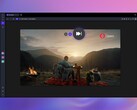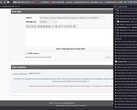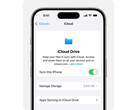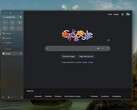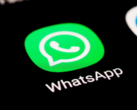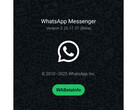Brave has some beef with Windows 11.
The privacy-focused browser Brave will automatically block the Recall screenshotting feature of Windows 11 by default. The controversial Microsoft feature, which takes screenshots of a user's computer screen every few seconds, has drawn the ire of many due to its potential use as a backdoor into the private goings-on of individuals.
Recall was announced last May as a way to help Windows users roll their PC back to a previous state. One of the features used to accomplish this was an automatic screenshotting tool that captured an instance of a user's active displays every few seconds and saving the images. However, these images were stored in an unencrypted format, making it simple for other software (including malware) and bad actors to access a log of everything users did on their computers.
Microsoft has since rolled back the forced implementation of Recall, although users can still opt into the feature. A part of that rollback allowed software developers to opt their programs out of Recall. Additionally, Microsoft has stated that Recall will not capture screenshots of web browsing windows that are seen by the system as "private" (e.g., Chrome's Incognito windows).
In an effort to fully block Recall from snapping images of users' browsing activity, the devs behind Brave have updated the browser's code to flag all browsing windows as private, at least as far as the operating system is concerned. As such, all Brave browser windows will not be scanned by Recall.
This feature is enabled by default and has already deployed to Brave's Nightly builds. It will make its way to the stable channel over the next few weeks.
Users that still want to use Recall in Brave can turn the feature back on through a simple toggle in the browser's settings.
Windows Recall is still limited to Preview builds but is expected to hit the public release of Windows 11 soon.



